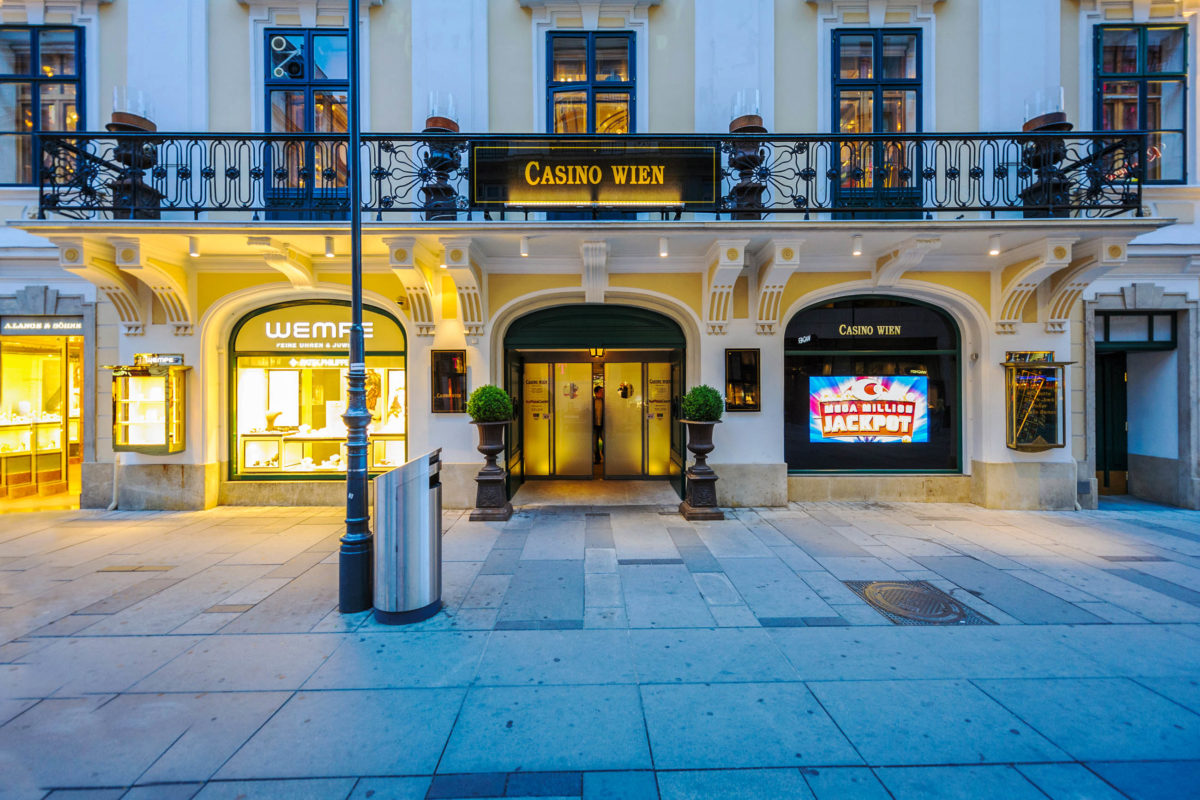토토사이트의 세계: 안전하고 신뢰할 수 있는 최상위 업체들
토토사이트 순위와 빅데이터를 통한 추천 토토사이트를 선택할 때 가장 중요한 것은 신뢰와 안전입니다. 빅데이터 분석을 통해 상위에 랭크된 업체들은 사용자 경험, 사이트의 안정성 및 금융 건전성 등을 종합적으로 평가받습니다. 이를 통해 토토친구는 사용자들에게 최적의 선택을 제공합니다. 가입 방법에서부터 시작하여, 각 업체별로 제공하는 이벤트, 쿠폰, 프로모션 등의 혜택도 중요한 선택 기준이...
















